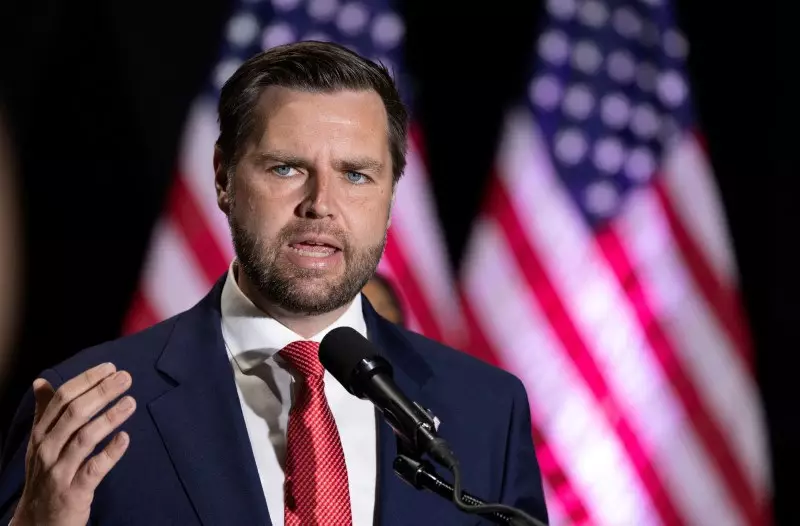Republican U.S. vice presidential candidate JD Vance expressed his support for Donald Trump’s stance on giving presidents a say in Federal Reserve Board policy-making, particularly when it comes to interest-rate moves. This position was outlined during an interview on CNN’s “State of the Union” program, where Vance emphasized the importance of allowing political leaders to have a voice in monetary policy decisions. Trump’s belief that the political leadership in the United States should play a more significant role in shaping the country’s monetary policy has sparked debate among experts and policymakers.
While the president is responsible for nominating members of the Federal Reserve Board, previous administrations have generally maintained that White House interference in the Fed’s monetary decisions could introduce short-term political pressures that might have adverse long-term effects on the U.S. economy. Despite this stance, presidents have occasionally expressed dissatisfaction with the Fed’s decisions. Trump’s assertion that monetary policy should be a political decision challenges the traditional view that the Fed should operate as an independent policy-making institution.
During a press conference in Florida, Trump highlighted his financial success and claimed to have a better instinct than some individuals who serve on the Federal Reserve Board. However, it is essential to note that Trump’s businesses have experienced financial difficulties, including defaults on interest payments and bankruptcy filings. This raises questions about his qualifications to influence monetary policy decisions in the United States.
In contrast to Trump’s stance, Democratic presidential nominee Kamala Harris emphasized the importance of the Fed’s independence as an entity. Harris firmly stated that, as president, she would not interfere in the Federal Reserve’s decision-making process. This position reflects a commitment to maintaining the Fed’s autonomy in shaping monetary policy to ensure economic stability and growth.
The Fed’s decision to raise interest rates in March 2022 aimed to address escalating inflation as the United States recovered from the economic repercussions of the COVID-19 pandemic. Interest rate adjustments by the central bank directly influence borrowing costs, impacting various sectors such as home mortgages and credit cards. Recent data indicates that inflation rates have been stabilizing, with the Fed closely monitoring these developments to guide future policy decisions.
The discussion on political influence over the Federal Reserve Board coincides with the “2025 Presidential Transition Project,” a contentious initiative championed by some conservatives. The project proposes extensive government reforms in the event of Trump’s victory in the upcoming presidential election. Suggestions include appointing a commission to review the Federal Reserve’s mission, exploring alternative systems, and assessing the nation’s financial regulatory framework. As this agenda garners attention, Trump has distanced himself from the project amidst escalating criticisms from Democratic opponents.

